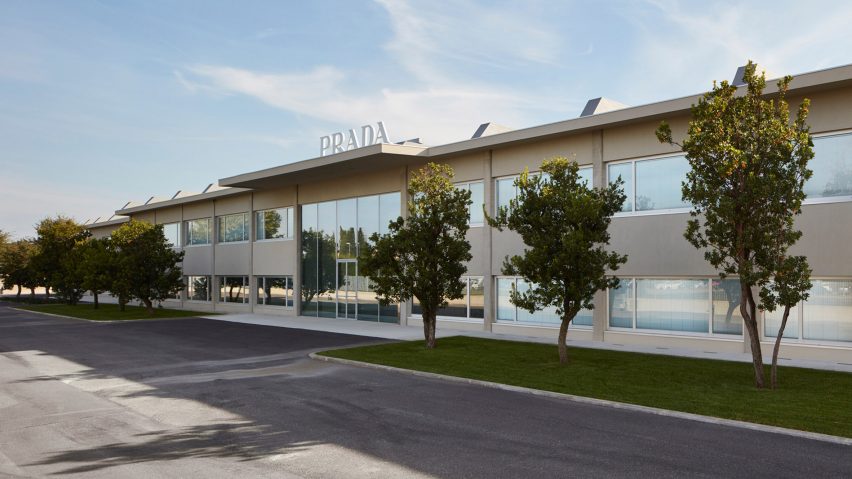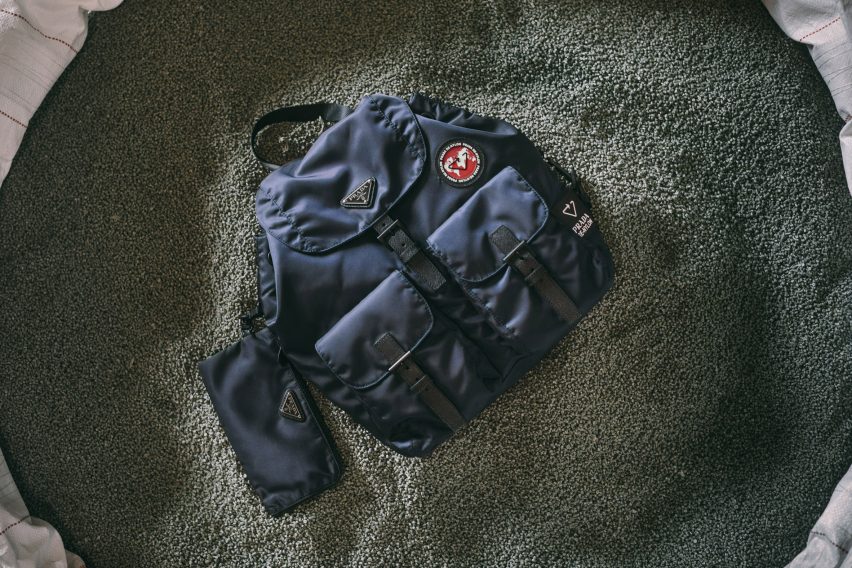
Prada becomes first luxury brand to sign loan tied to sustainability targets
Prada has signed a £42.9 million loan with banking group Crédit Agricole, with repayment terms conditional to meeting key targets around the sustainability of its products and operations.
According to Prada – which also owns subsidiary brand Miu Miu – this marks the first time that a luxury brand has procured a sustainability-linked loan.
In these transactions, the lender's meeting of certain social and environmental goals is incentivised through the favourable or unfavourable adjustment of interest rates.
In this case, that means Prada's interest payments on the five-year loan will be determined annually based on whether the company has hit three specific objectives.
The first focuses on its physical shops, setting out that a certain number of them need to be certified gold or platinum according to the green-building rating system Leadership in Energy and Environmental Design (LEED).
This evaluates everything from the design and construction of a building to its management and the extent to which it uses resources and produces waste.

The other targets are related to the amount of training hours given to employees, and reinforce a pledge made by Prada earlier this year which involves phasing out the use virgin nylon by 2021.
Instead, a growing number of the brands' products – including a dedicated Re-Nylon collection of bags – are being made from Econyl, an infinitely recyclable yarn made from regenerated plastic waste.
Through the loan, this promise to use more Econyl is put against a numerical goalpost, meaning a certain percentage of the company's output will need to use the material in order to keep interest payments low.
The exact numbers that need to be hit is not fixed, but will become increasingly more demanding as the company's green capabilities increase.
According to Prada's chief financial officer Alessandra Cozzani, linking more sustainable business practices to concrete financial rewards is an attempt to engrain these values into the very functioning of the company.
"This transaction demonstrates that sustainability is a key element for the development of the Prada Group, increasingly integrated into our strategy," she explained in a statement.
Outside of the fashion industry, sustainability-linked loans have been on the rise, with the market growing eightfold over the course of a year to reach an estimated value of £31 billion in 2018.
For Prada, the loan forms part of a larger sustainability push, which also saw the company's third annual conference about the topic take place in New York last week.
With speakers including architect Sir David Adjaye and the dean of Columbia's Graduate School of Architecture, Amale Andraos, the event explored how issues of social justice, not just environmental protection, play a part in sustainability.
Beyond substituting nylon, Prada has also gone fur-free, joining the rising tide of high-profile fashion houses, including Chanel and Gucci, that are switching to faux fur, although these are often made of plastic.
That's why elsewhere designers have been experimenting with substituting plastic in fashion altogether, instead creating a raincoat from algae and a parka from emulated spider silk.